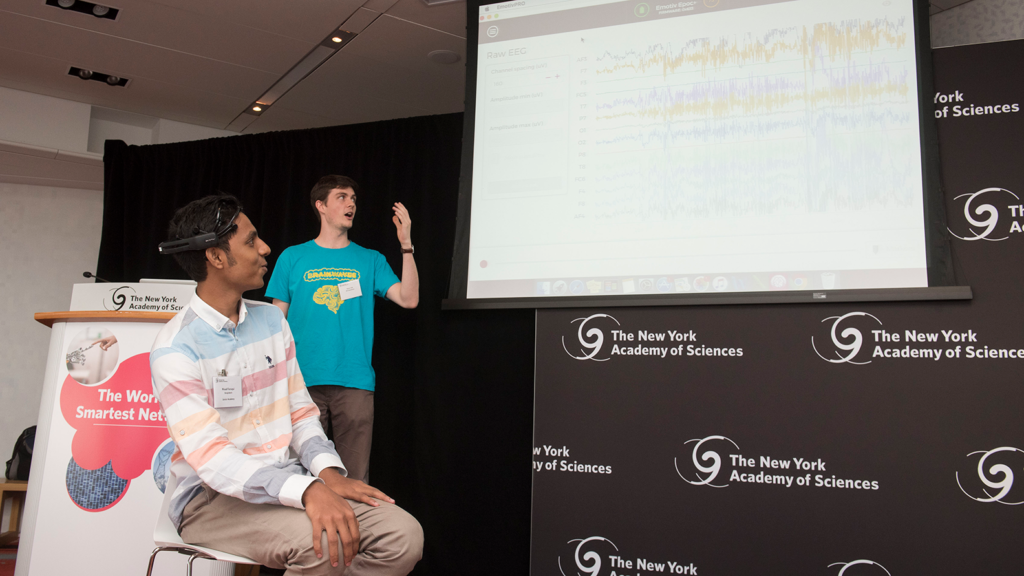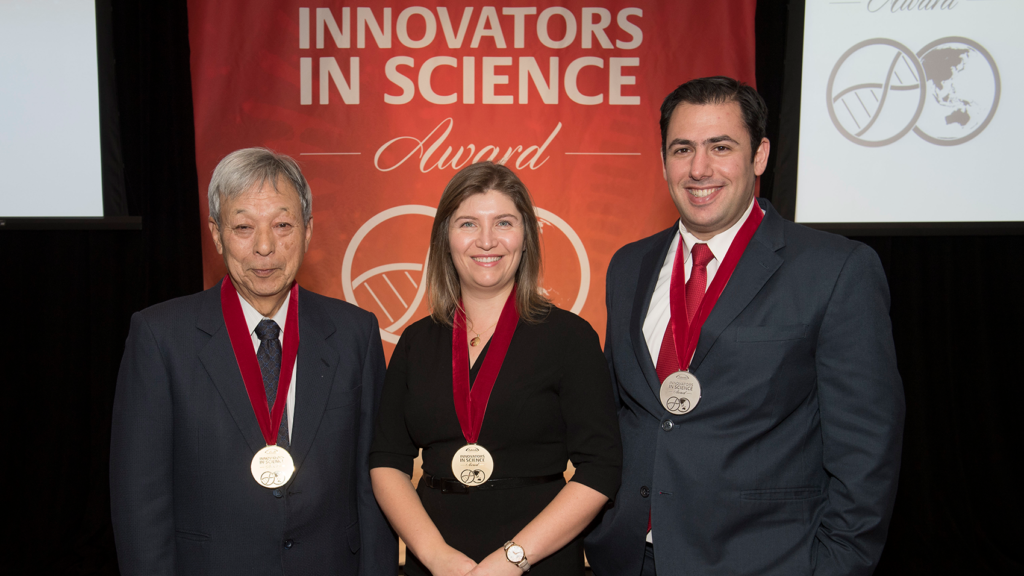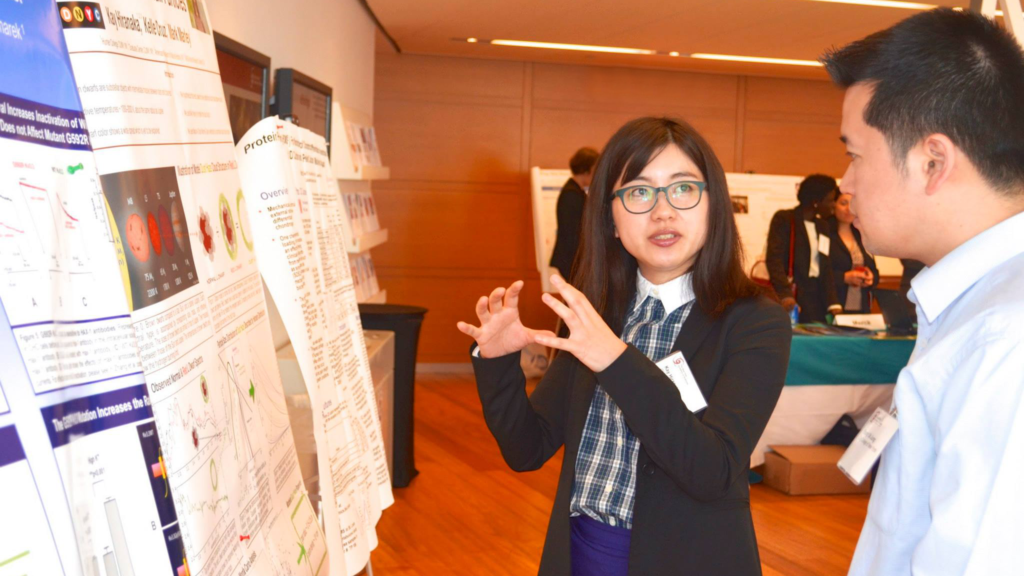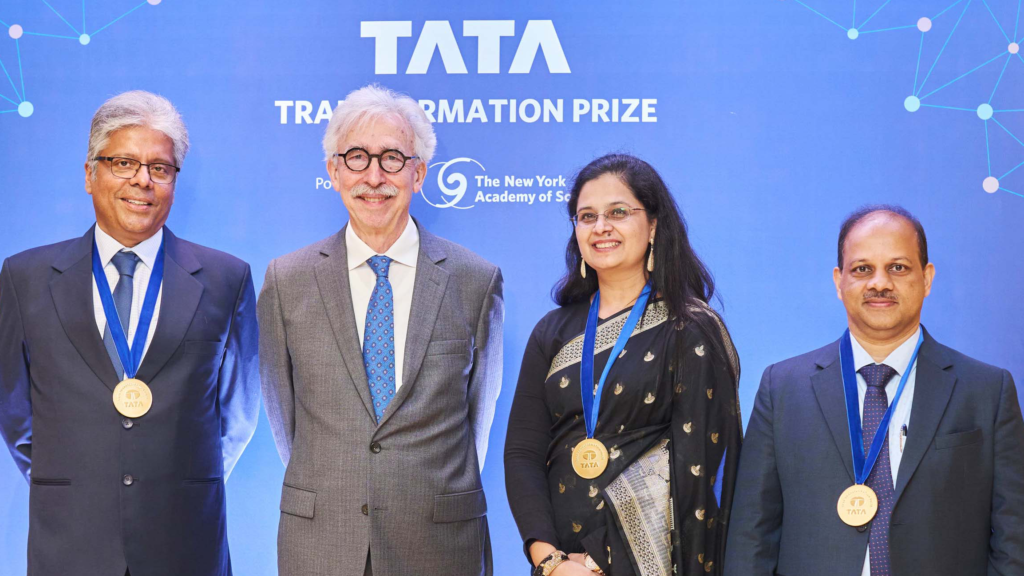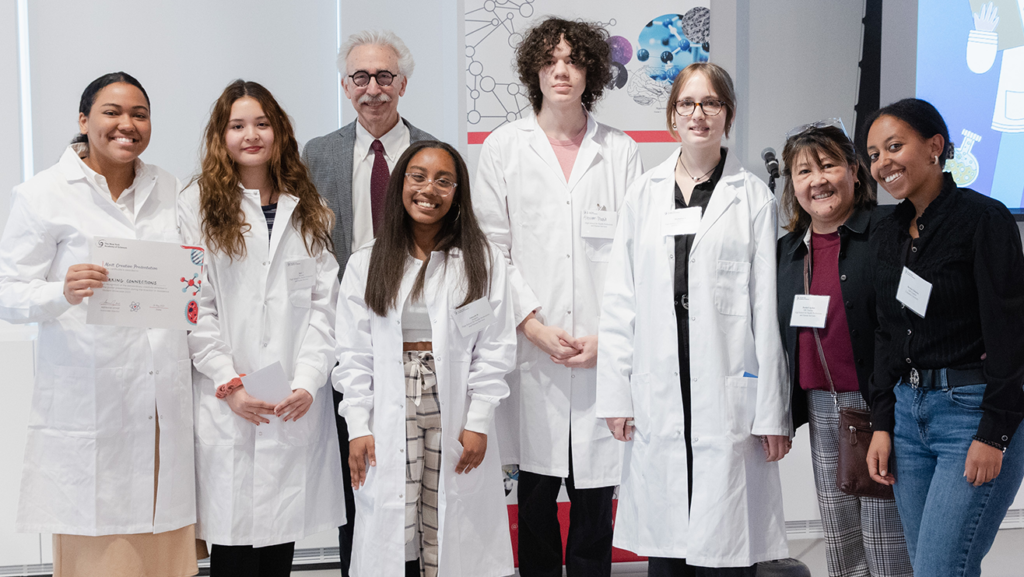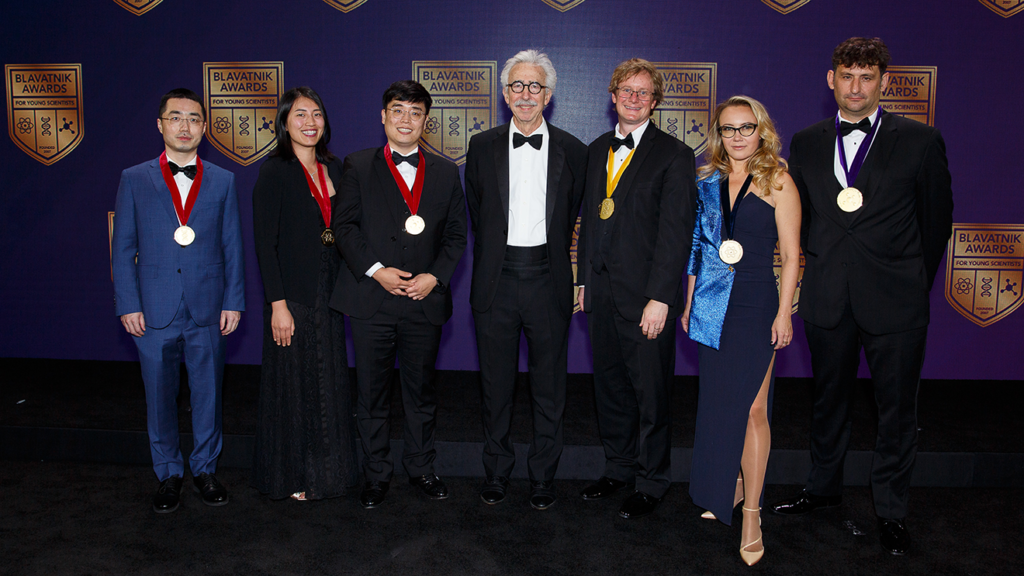About The New York Academy of Sciences
Founded in 1817, The New York Academy of Sciences is an independent, not for profit organization committed to advancing science and technology for the benefit of society.
We drive innovative solutions to society’s challenges by advancing scientific research, education and policy.
Since its inception, the Academy has played a critical role in shaping public discourse around science by providing an inclusive forum for the exchange of ideas, where those from multiple disciplines and perspectives all have a seat at the table. As the Academy continues into its third century, our global community of leaders in science, industry, academia and the public sector remain steadfast in our commitment to promoting science for the public good. The Academy is a not-for-profit 501 (c)(3) as defined by the Internal Revenue Service.
